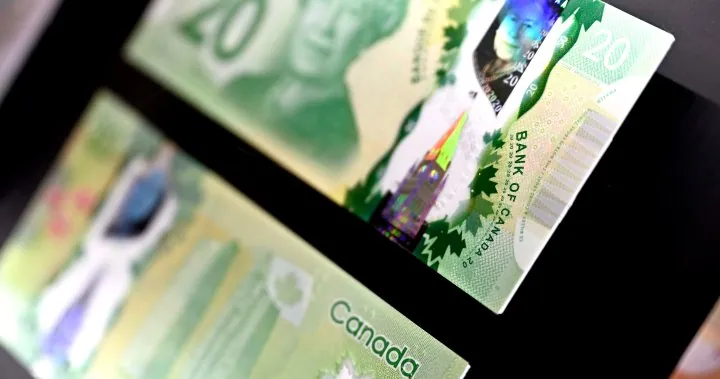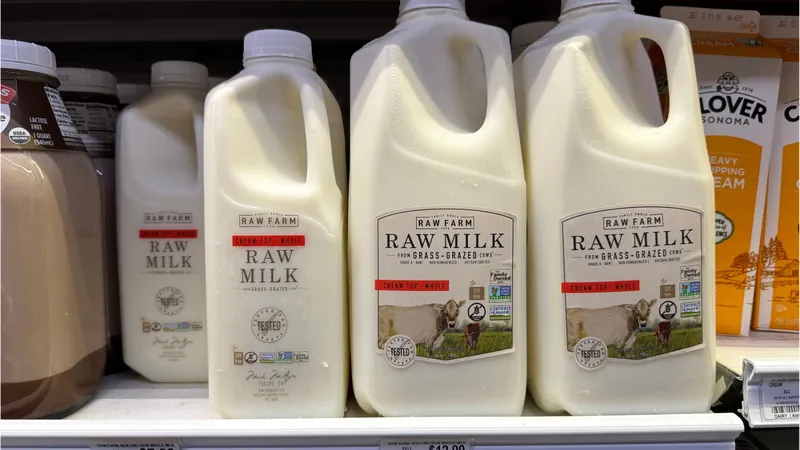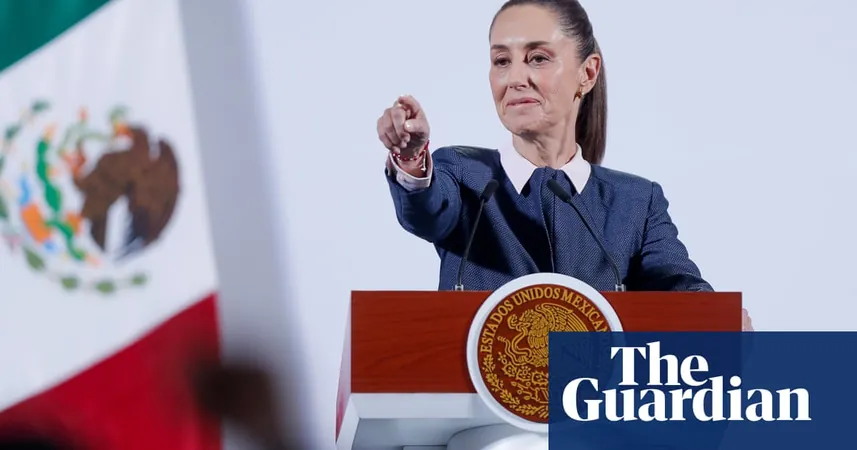
Bank of Canada May Scale Back Rate Cuts Thanks to Upcoming Tax Relief Cheques
2024-11-27
Author: Charlotte
Bank of Canada May Scale Back Rate Cuts Thanks to Upcoming Tax Relief Cheques
In a surprising turn of economic events, a newly released report from TD Economics suggests that the upcoming federal and provincial rebate cheques could result in at least one less interest rate cut by the Bank of Canada in the coming year. With millions of Canadians poised to receive these payments this spring, the economic landscape may be shifting.
James Orlando, director of economics at TD Bank, highlighted that the Bank of Canada has been on a path of cutting interest rates primarily due to concerns over a sluggish economy. The anticipation of government-issued rebate cheques could change this dynamic, as it might suggest a stronger economic outlook, reducing the urgency for further rate reductions.
Orlando explained, “The Bank of Canada has been cutting interest rates because they fear that the economy is so weak that they need to provide extra stimulus through lower interest rates. But now, with the government stepping in to provide its own stimulus, the Bank may not need to cut rates as aggressively.”
The anticipated cheques from the federal government, alongside an additional $200 from the Ontario government, are expected to influence consumer behavior significantly. Orlando estimates that around half of the recipients will likely save or pay down debt, while the other half may choose to spend, thus injecting more liquidity into Canada’s economy. This shift in spending behavior prompted TD to revise its own forecast regarding interest rate cuts, indicating a potential easing back on the aggressive rate-cutting cycle.
Despite these insights, the report does not suggest that rate cuts will stop entirely. Currently, the Bank of Canada is expected to initiate a 25 basis point cut in December, with a similar move possibly following in January. However, post-January, there could be a noticeable shift in strategy, with the central bank potentially opting for a more cautious approach, reducing rates incrementally during alternate meetings to assess economic response.
TD economists also remind us of the inherent uncertainties ahead, particularly influenced by external factors. The potential for significant tariffs on Canadian goods, hinted at by U.S. president-elect Donald Trump, could present serious risks to the Canadian economy. “The severity of the tariffs would really be a game-changer for our economic forecast,” Orlando stated, noting that escalated tariffs could stunt economic growth and even push it into negative territory.
In conclusion, while the forthcoming rebate cheques represent a positive development that could bolster consumer spending, the Canadian economy still faces headwinds that could alter the anticipated trajectory of interest rates. As TD economists monitor the situation, they remain hopeful that negotiations will mitigate severe economic repercussions from potential tariff introductions. Stay tuned as we continue to track these crucial developments that could impact your financial future!









 Brasil (PT)
Brasil (PT)
 Canada (EN)
Canada (EN)
 Chile (ES)
Chile (ES)
 España (ES)
España (ES)
 France (FR)
France (FR)
 Hong Kong (EN)
Hong Kong (EN)
 Italia (IT)
Italia (IT)
 日本 (JA)
日本 (JA)
 Magyarország (HU)
Magyarország (HU)
 Norge (NO)
Norge (NO)
 Polska (PL)
Polska (PL)
 Schweiz (DE)
Schweiz (DE)
 Singapore (EN)
Singapore (EN)
 Sverige (SV)
Sverige (SV)
 Suomi (FI)
Suomi (FI)
 Türkiye (TR)
Türkiye (TR)